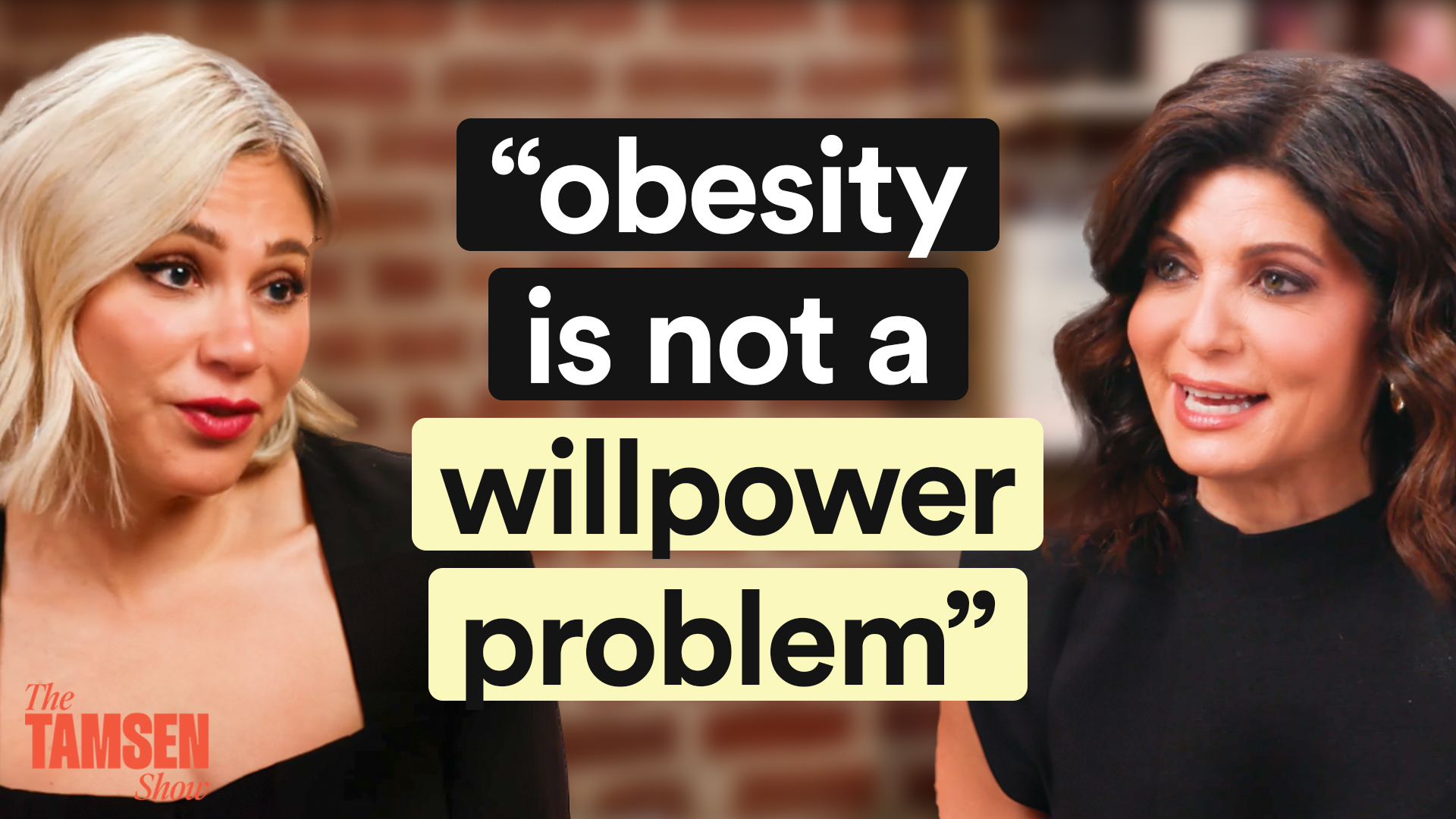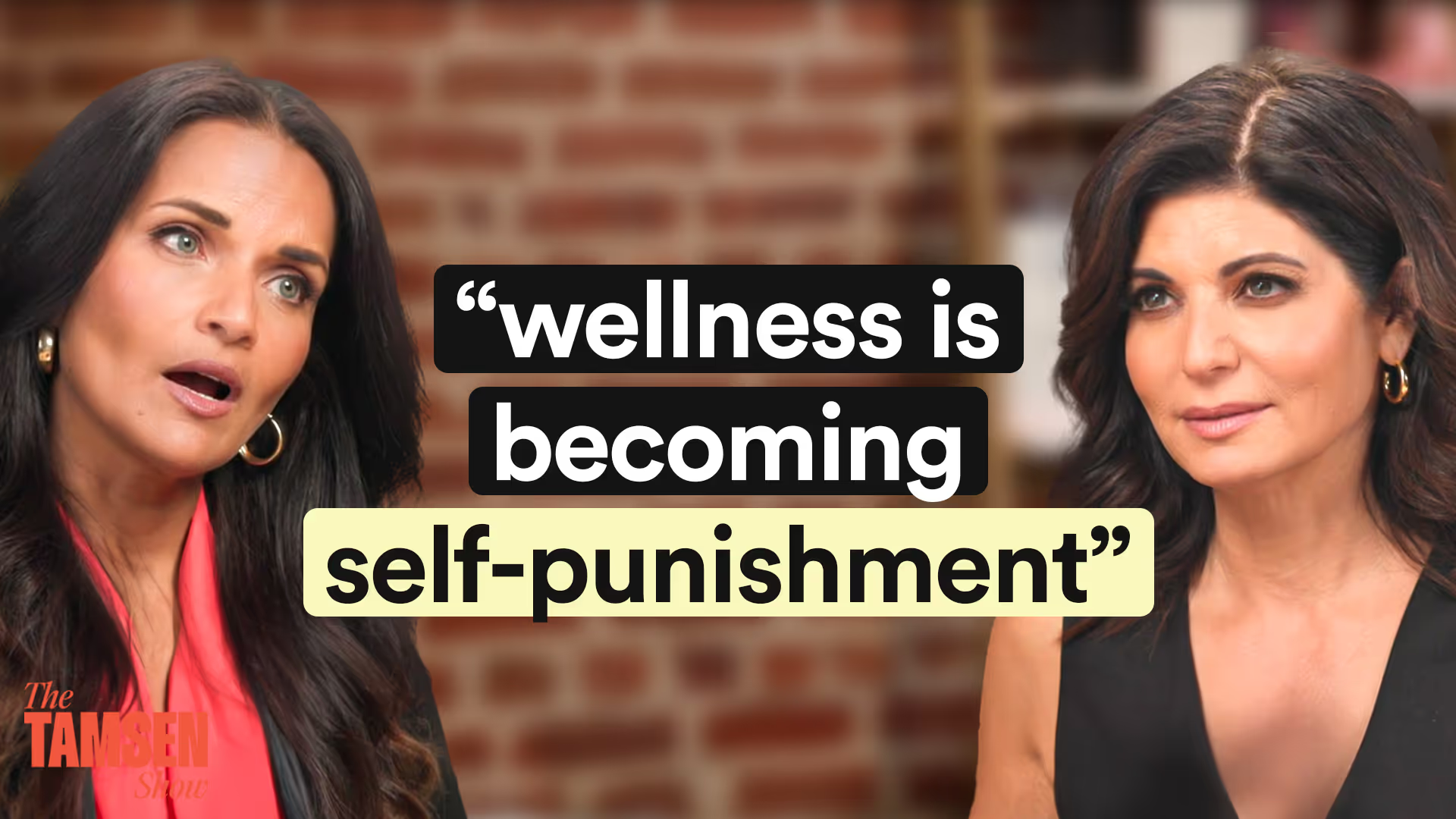This symptom is a big one for me. I’ve personally experienced that sense of heightened anxiety and distress, and it affected my job, my personal life, and everything in between. And this was beyond challenging to manage, especially when I did not even realize it could stem from hormonal changes during menopause. It turns out the natural decline of our bodies’ estrogen production during this phase of life is the culprit. And to drive this home with a number - 30% of estrogen is lost in the first five years of menopause. Here’s how to address this increased anxiety and its underlying causes.
The connection between estrogen and anxiety
Estrogen has a calming effect on the brain and helps regulate the production of serotonin, a neurotransmitter that contributes to feelings of well-being and happiness. When estrogen levels drop, it can lead to an imbalance in serotonin, resulting in increased anxiety, mood swings, and even depression. And on top of all that, menopause is a period of significant life changes, which can already impact your mental health. Some of those factors include:
- Family changes: If you have children, this may be the time they leave home for college or work, and you may find yourself taking on a new role as caregiver for aging parents.
- Career transitions: Considering retirement, making career changes, or dealing with increased job stress can all have a negative impact on mental health.
- Physical changes: Our bodies’ physical appearance changes during perimenopause and menopause, and accepting these changes can be difficult.
- Social connections: Changes in social circles, feelings of isolation, or realizing the need to build new support networks can all take a toll.
Managing increased anxiety during menopause
Mental health support
As I’ve talked about before, going into therapy has been one of the most life changing experiences I’ve had. So one of my biggest pieces of advice is to consider talking to a therapist or counselor, especially one who specializes in menopause or women's health.
Cognitive-behavioral therapy (CBT) can be particularly effective in anxiety management as it focuses on developing coping strategies and disrupting chronic negative thought patterns. I absolutely love my therapist and make sure to always have an appointment scheduled on my calendar; it’s my biggest form of self-care.
Similarly, in person or virtual support groups are also a great way to find solace in hearing and learning from other women experiencing the same thing. We can all always use a reminder we aren’t alone in how we feel.
Healthy diet
You are what you eat. We’ve all heard this expression. When it comes to menopause symptoms, it’s all too true. A balanced diet that is rich in fruits, vegetables, whole grains, lean proteins, and healthy fats promotes overall wellbeing. Moreover, foods that are high in omega-3 fatty acids, such as salmon, flaxseeds, and walnuts, can help support brain health and reduce anxiety.
Now here’s the kicker: limit caffeine and sugar. Trade in your afternoon coffee for some herbal tea. Both of these ingredients can exacerbate anxiety symptoms.
Regular exercise
Engage in regular aerobic activities such as walking, swimming, or cycling. These aerobic exercises release endorphins, which are natural mood lifters, and can reduce anxiety. I’ve noticed that my morning walks really clear my head and start my day off right.
Incorporate yoga or Pilates into your routine to help relax your mind and body, improve flexibility, and reduce stress. I promise you won’t regret it!
Stress management
Practice relaxation techniques such as deep breathing, progressive muscle relaxation, or guided imagery to manage stress and reduce anxiety. Engaging in mindfulness practices and meditation can also improve focus, reduce stress, and promote emotional well-being.
Adequate sleep
There are few better things we can do for ourselves than to establish a consistent, healthy sleep routine. Sleep is when our brain and our body heals and rejuvenates. Establish a set sleeping and waking time that works for your schedule; yes, that means going to bed and waking up at the same time every day!
Create a comfortable sleep environment and avoid screens before bedtime. Try this: instead of your social media feed being the last thing you see before you go to sleep, make it the page of a book! I love keeping my favorite reads on my bedside table.
If you experience ongoing sleep problems, discuss them with your healthcare provider to identify and treat underlying causes. I recently had a great conversation with Dr. Shelby Harris all about this. Did you know that it’s sometimes actually best to get out of bed when you can’t fall asleep?
Supplements
Incorporating herbal supplements like valerian root, chamomile, or lavender into your routine may be helpful. These herbs are known for their calming effects, which can help reduce anxiety. Omega-3 supplements, such as fish oil, are beneficial for brain health and can help alleviate anxiety. These essential fatty acids support overall cognitive function. Talk to your doctor before adding anything new to your regimen.
Medication
When other methods of reducing and managing anxiety haven’t been a success, your doctor might try a medication route. Anti-anxiety medications or antidepressants may help manage severe anxiety symptoms. Always consult with your healthcare provider to determine the best treatment plan.
Monitor symptoms
Keeping a detailed journal of your anxiety symptoms can be incredibly helpful. Note when anxiety flare ups occur and what may have triggered it. This information can be valuable for you and your healthcare provider in developing an effective management plan tailored to your needs.
Increased anxiety during menopause is challenging, but it can be managed. Mental health support, such as therapy or counseling, can provide valuable coping techniques and emotional relief. A healthy diet rich in fruits, vegetables, whole grains, and lean proteins supports overall well-being and can help stabilize mood. Regular exercise, including aerobic activities and yoga, releases endorphins and reduces stress. Stress management techniques, such as mindfulness, meditation, and relaxation exercises, are essential for maintaining emotional balance. In some cases, medical interventions like hormone replacement therapy or anti-anxiety medications may be necessary. Always consult with your doctor before you try anything new; they will help you put together a plan that works best for you. And, as always, I’m always here for you.
Additional Resources:
Secrets To Thrive In Menopause: Download this free guide to learn my top secrets to thrive in menopause.
Menopause Symptom Tracker: Track your symptoms and get connected to physicians and organizations that can help you!
The information contained on this website is intended for informational and educational purposes only. It is not intended to be a substitute for the advice of an appropriately qualified and licensed physician or other healthcare provider.






.jpg)
.jpg)







